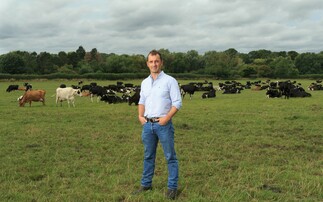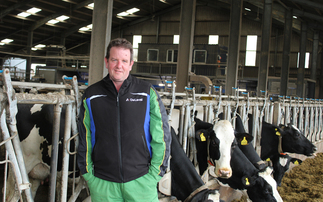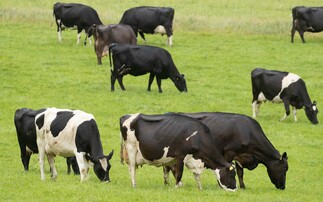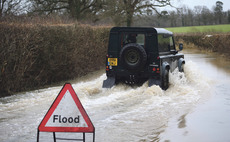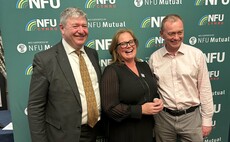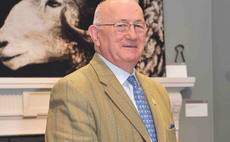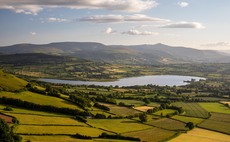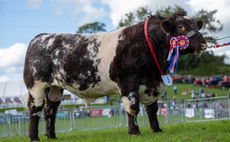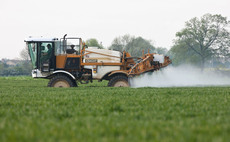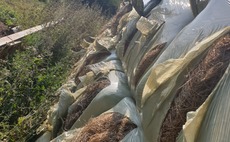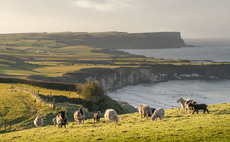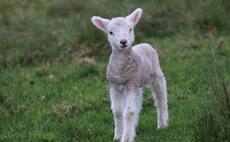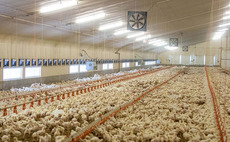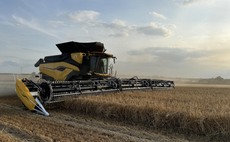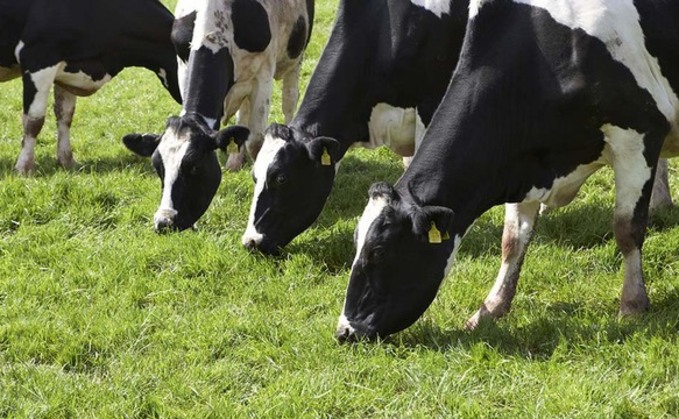
Ãļ§Ö±²¥ feel a ‘hidden agenda' in Welsh Government to reduce livestock numbers threatens the social fabric and culture of Welsh-speaking rural communities.
Recently the Ãļ§Ö±²¥ reported on a Wales civil service document which claimed ‘big emissions numbers in the Welsh agricultural inventory will always come from ruminants' and that ‘the elephant in the room is always livestock numbers'.
Climate targets
The document looking at how agriculture and land use change and forestry can support the Welsh Government's climate and greenhouse gas targets stated the ‘onus' will be on developing agricultural and land use policies to meet targets, as these areas are devolved.
The source of the document, a farmer, who asked to remain anonymous, said ‘it seems agriculture is the soft target' and labelled the wording ‘inflammatory'.
"That is the only way to put it. The Welsh Government goes after trees and livestock which means everything else we might be doing to be more efficient as producers on farm, such as investing in natural capital, is all irrelevant."
Destocking
They added the target on livestock was unwarranted and there should be some focus on fossil fuels. Agriculture makes up about 80 per cent of land use in Wales and is the country's largest employer.
Ãļ§Ö±²¥ said there would be a knock-on effect on other major employers and any destocking could ‘reshape the entire fabric of Wales'.
Ãļ§Ö±²¥ Union of Wales president Ian Rickman said farmers could farm sustainably and environmental work needed to come alongside food production.
"We need to be very careful going forward that we do not do undue damage to the rural economy and affect the economic viability of farming," he said, pointing out that if policy was not financially viable for farmers, then they would not be able to do the work for the environment.
- Welsh Government's 10% tree target could drive farmers out of business, says NFU Cymru
- Welsh red meat 'heckled' by misinformation, warns HCC chair
Rural Affairs Minister Lesley Griffiths denied there was any agenda to reduce livestock numbers and claimed she had never seen the document.
Speaking to Ãļ§Ö±²¥ at the Royal Welsh Show, she said: "Absolutely not. If you are asking have I got a plan, that is off the wall really. Do not get me wrong, if you look globally, farmers are having to adapt how they do their businesses in light of climate change."
Devolved agriculture
Meanwhile unions in Northern Ireland and Scotland have also raised concerns about the direction of travel.
Ulster Ãļ§Ö±²¥ Union policy manager James McCluggage said: "There is a lack of recognition of the difference between short-lived greenhouse gases such as methane and how they impact warming and the impact of carbon dioxide."
Food and climate
In Scotland, NFU Scotland director of policy Jonnie Hall said it was clear Scottish farmers and crofters would have to do the required heavy lifting and they could deliver on the triple challenge of ‘food, climate and biodiversity - but only if enabled to do so'.
He added Scottish Government needed to ensure the role of agricultural production was ‘properly recognised' within the new Agriculture Bill and the bulk of funding was exclusively allocated to the direct support proposed under Tiers 1 and 2.







